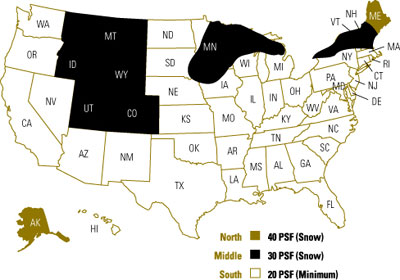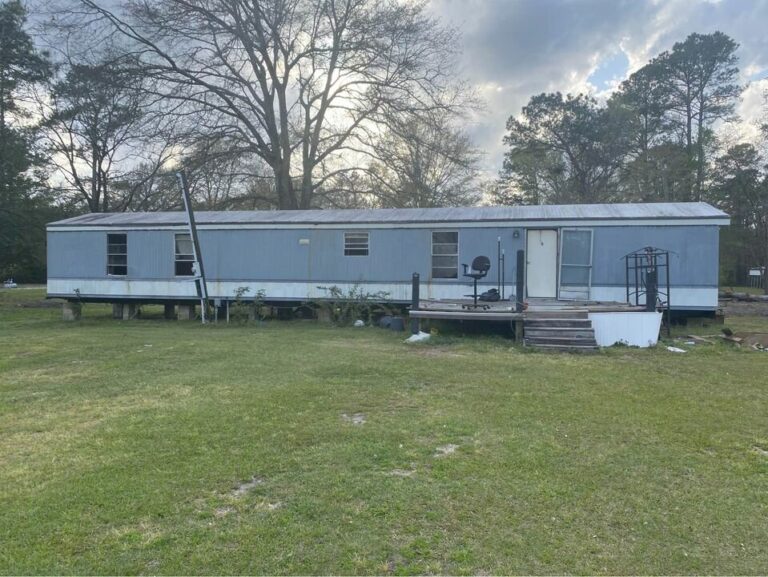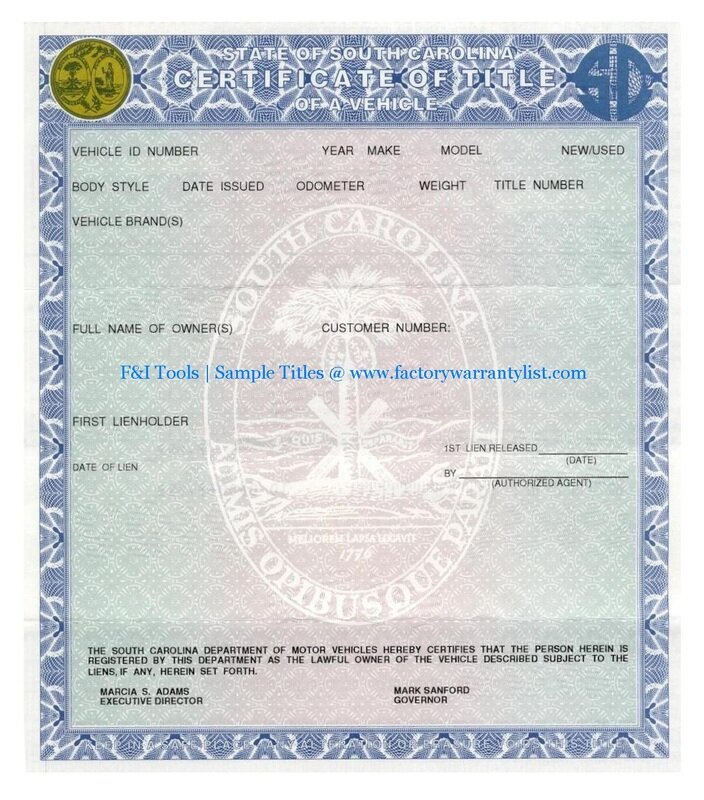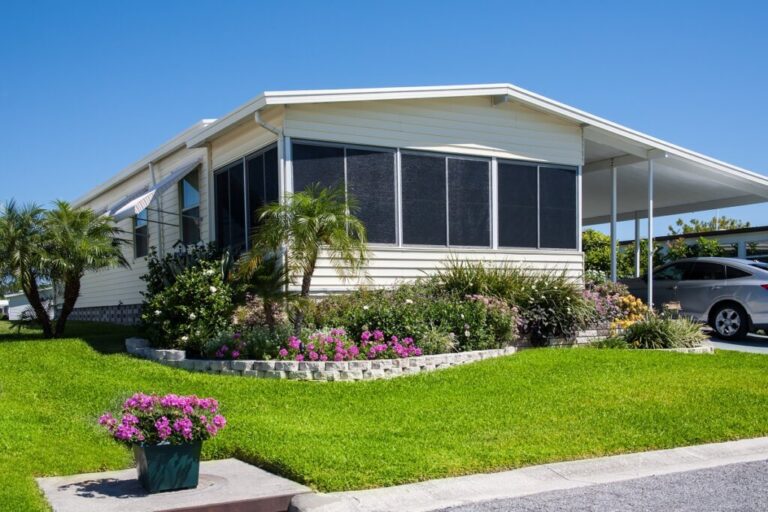Many mobile homeowners want to know if they can power their mobile homes with solar power. Not only can you power your mobile home with solar panels, but it’s the future of power supply for mobile homes. Installing solar panels on your home can revolutionize your way of living. Switching to solar power is the best way to increase energy efficiency, save money on electricity, achieve energy independence, and reduce greenhouse gas. But what kind of solar power options you have for your mobile home depends on a few factors like the age of your home.
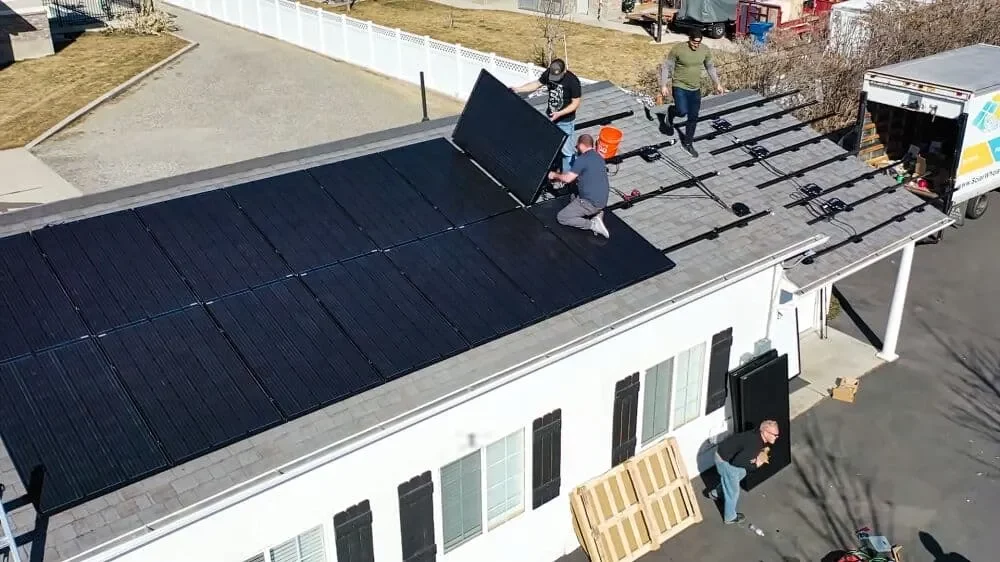
In this post, we’ll talk about your mobile home solar power options in South Carolina.
Let’s dive in.
Can You Install Solar Panel On Your Mobile Home Roof?
Whether you can install solar panels on your mobile home roof depends on your home’s structure. Before installing the panels, you must ensure that your roof is structurally sound enough to handle the weight of the heavy equipment. Get an installer to check if your home can handle a few hundred pounds of weight.
Generally, mobile home roofs have a lifespan of 20 years, so if you take proper safety measures and precautions, you can install solar panels on your roof without any issues. You might face some issues if your roof has tiles or shingles installed, as they’ll increase the overall weight of the roof. Rubber or asphalt roofs are the best to work with solar panels.
If your roof isn’t strong enough to hold the system’s weight, then you can opt for ground-mounted PV installation. A ground-mounted solar system is usually the best choice for a manufactured home. Moreover, you can anticipate maximum energy production because it can be positioned most advantageously.
Choosing The Right Solar Panels
Not all PV (photovoltaic ) panels are created equal every mobile homeowner has different needs. You need to consider several things, like electricity needs, trailer size, and average peak sunlight hours, to find the best fit for you. Before installing solar systems on your home, here are a few things you need to consider.
Types Of Solar Panels
There are mainly 3 types of solar panels: polycrystalline, monocrystalline, and thin film.
The most efficient type of crystal is monocrystalline, but polycrystalline is frequently less costly. While thin-film photovoltaics are flexible and affordable, they produce the least electricity.
You can even go for flexible, rigid, and portable solar panels or even a mix-match to fit your needs.
Solar Panel Sizes And Wattage
Knowing the wattage needs of your mobile home is crucial before choosing the right solar panels. On average, mobile homes use 9kWh of electricity per square foot daily. And most mobile homes are around 6000 to 1200 square feet. Compared to site-built homes, mobile homeowners use up to 70% more electricity due to the nature of their construction. Most of it is for heating and cooling.
When buying solar panels, look for panels with high-rated power and efficiency. 400W rigid solar panels should be enough for most mobile homes. And if you don’t want to mount the panels on your roof, buy 400W portable solar panels.
The rated power of solar panels is incredibly crucial as they indicate the maximum power they can generate. But the wattage of the solar panels boils down to the size of your home and your daily energy consumption.
Solar Panel Kits
Solar panel kits are one of the best ways to start your switch towards clean energy. Solar panel kits generally have several solar panels and components like inverters, cables, mounts, and racks. With these, you save both time and money by buying the whole kit rather than buying individual parts.
Mobile home solar kits are usually small and are designed to be easy to install for homeowners. They can even fit into small homes without any issues. And they come with mounting brackets, so your roof doesn’t need to be flat.
To Wrap It Up
Solar panels are a great way for mobile homeowners to save energy and money. This switch towards clean energy will help you gain energy independence. A small compact system can power your whole home while saving your electricity bills.

